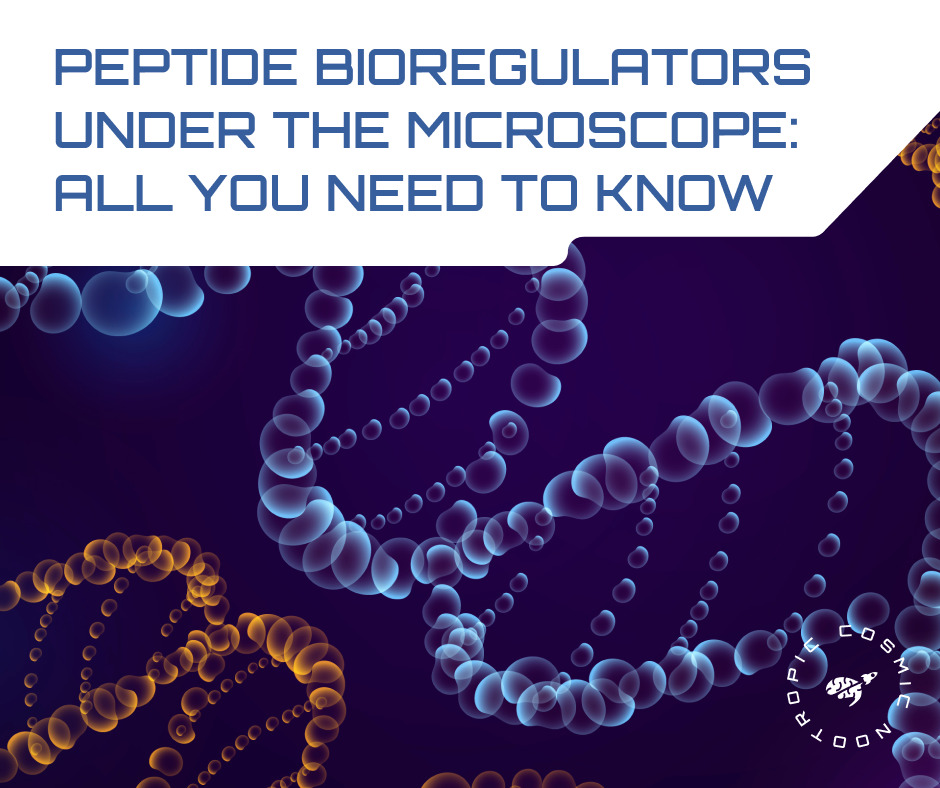Can You Take Nootropics While Pregnant?
October 28, 2023
If you’re pregnant or nursing, it’s your responsibility to keep your baby fed, safe, and developing. This is why if you have been taking nootropic supplements or are considering adding an anti-anxiety nootropic stack to your daily regimen, you should first confirm they are safe for you and your baby.
In this guide, we’ve compiled research and other information on the safety of nootropics during pregnancy, highlighting which ones are said to be beneficial and which you should avoid.
Are Nootropics Safe During Pregnancy?
Unfortunately, there is a significant lack of reliable research on the safety of nootropic consumption during pregnancy. However, based on limited studies and available facts, the general consensus among medical professionals is that pregnant women should avoid nootropic use.
One concern about taking nootropics when pregnant has to do with the mood changes that happen with expecting mothers. Many nootropic compounds alter neurotransmitter levels in the brain and it is not known if their immediate impact on mood is dangerous when taken by a woman during this time.
On the other hand, some studies claim that nootropics may actually be beneficial for pregnant women. For instance, a study by researchers at the University of Pennsylvania suggests that rhodiola rosea can help increase energy levels in pregnant women without harming fetal development (1). Because fatigue is a common complaint among expectant mothers, supplements could help them stay more active while ensuring the safety of their babies.
Again, this is a single study that has not been replicated and cannot be taken as conclusive evidence. Another major study on nootropics as cognitive enhancers looked at the side effects of multiple nootropic compounds (2), including:
- Maca (lepidium meyenii)
- Schisandra (schisandra chinensis)
- Rhodiola (rhodiola rosea)
- Eleuthero (eleutherococcus senticosus)
- Guarana (paullinia cupana)
- Water Hyssop (bacopa monnieri)
- Ashwagandha (withania somnifera)
- Asiatic Pennywort (centella asiatica)
- Ginkgo (ginkgo biloba)
- Ginseng (panax ginseng)
Although most of these compounds were found relatively safe and had few serious side effects, the study concluded that they all should be avoided by women during pregnancy and lactation.
Specific effects of some nootropic compounds on pregnant women were also mentioned. For instance, it was found that a nootropic compound called pyritinol can cross the placenta, although systemic testing in pregnant mice and rats did not highlight significant adverse effects.
The study concluded that even though herbal supplements with nootropic effects have shown little risk, none of them should be used during pregnancy or breastfeeding.
There also needs to be more research done on the potential side effects of nootropics with traditional medications so you can know if you can take nootropics with antidepressants or any other drug you take on a regular basis.
What Can Go Wrong if You Take Nootropics During Pregnancy?
There’s a reason so many researchers are against nootropic use in pregnancy. For example, here are the potential side effects of ginkgo biloba and dong quai (two popular nootropic compounds) on pregnant women:
Ginkgo Biloba
According to a study by the Canadian College of Naturopathic Medicine, ginkgo biloba can interfere with platelet formation and prolong bleeding (3). This substance could be dangerous for pregnant women, particularly during their third trimester and labor.
The safety profile of ginkgo leaf during lactation is also unknown and should be avoided until reliable human studies are conducted to prove its safety.
Dong Quai
Dong quai is widely used to treat menstrual cramps and high blood pressure, but evidence regarding its safety is lacking. It is recommended to avoid using dong quai during pregnancy because it can stimulate uterine contractions, increasing the risk of miscarriage.
Nootropics During Pregnancy–Simplified
It is best to avoid nootropics when you’re pregnant or breastfeeding.
If you still want to take them, consult with your doctor first. Remember, the final decision should be between you and your physician, who can decide what’s best for you and your baby based on their experience and clinical knowledge.
Curious about whether you can take nootropics with Lexapro? We’ve got you covered–be sure to read our latest article!
Legal Disclaimer
This product has not been approved by the US FDA. All statements on this page are for informational purposes only and have not been evaluated by the US FDA.
This product is not intended to diagnose, treat, cure, or prevent any disease. See more



